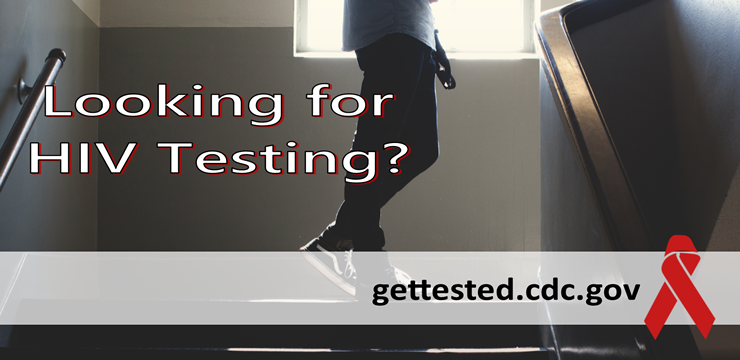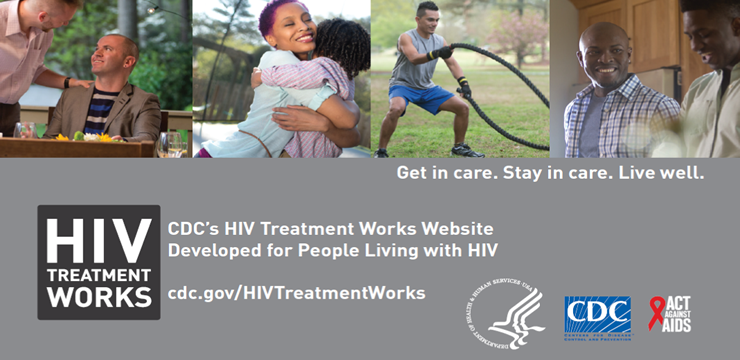HIV/AIDS
- Care-Case Management
- Data & Statistical Reports
- Educational Materials
- Ending the HIV Epidemic (EHE)
- HIV Information [CDC]
- HIV, STD and Hepatitis Prevention and Treatment Resources for Health Care Providers
- HIV Testing
- Laws, Regulations & Manuals
- Prevention
- Related Links
- Safer Drug Use and Risk Reduction Information
- Social and Digital Media Resources
- Syphilis and People with HIV
- Partner Services | HIV Nexus | CDC
Tell Your Partner
Tell Your Partner is a free service that allows a text to be sent to a sexual partner who might be at risk of an STD. If you text a partner using this service, it will always be anonymous. This anonymous notification option assists with improving the rate of partner notification. The goal is to get partners tested, diagnosed, and treated, if needed. This service takes less than two (2) minutes to complete.
University of Missouri’s Show-Me ECHO program has created an ECHO that will educate and train health care professionals in multidisciplinary approaches to evidence-based HIV care and prevention.
HIV (human immunodeficiency virus) is the virus that causes AIDS (acquired immune deficiency syndrome). HIV may be passed from one person to another when infected blood, semen, or vaginal secretions come in contact with an uninfected person's broken skin or mucous membranes. In addition, babies born to HIV positive mothers can be infected during pregnancy, in the birth canal, or through breast feeding.
Some HIV positive people, especially those undiagnosed and untreated, will develop AIDS as a result of their HIV infection. AIDS represents a later stage in HIV disease where those who are infected have progressively weakened immune systems and are at greater risk for developing serious and potentially fatal infections called opportunistic infections.
If you have HIV, you should see your doctor regularly in order to monitor your health. Your doctor may prescribe medications called antiretrovirals in order to improve and sustain your health and boost your immune system. You will also need to learn ways to improve your health through diet, stress reduction and exercise.
Today, people who are infected with HIV are living longer, healthier lives as a result of developments in medicine and care. There are many support systems and health care options available that will assist those infected manage the disease.
Approximately 40,000 people in the United States become infected with HIV each year. In Missouri, approximately 10,000 people are living with HIV, with approximately 500 new infections reported each year. In Missouri, people of color, particularly African Americans and Latinos, are disproportionately affected and have some of the highest infection rates. Young adults, men who have sex with men, injection drug users and women represent other populations at great risk of infection.
The Missouri Department of Health and Senior Services has a broad array of programs and services to help meet the needs of individuals and communities affected by HIV/AIDS. These programs focus on preventing the spread of HIV, counseling and testing persons at high risk, and caring for persons living with the disease. Through strong partnerships consisting of federal, state and local government agencies, and community based organizations and volunteers, the state of Missouri is actively engaged in ending the HIV epidemic.
Disclaimer: This site contains information about HIV that may not be suitable for all audiences.




